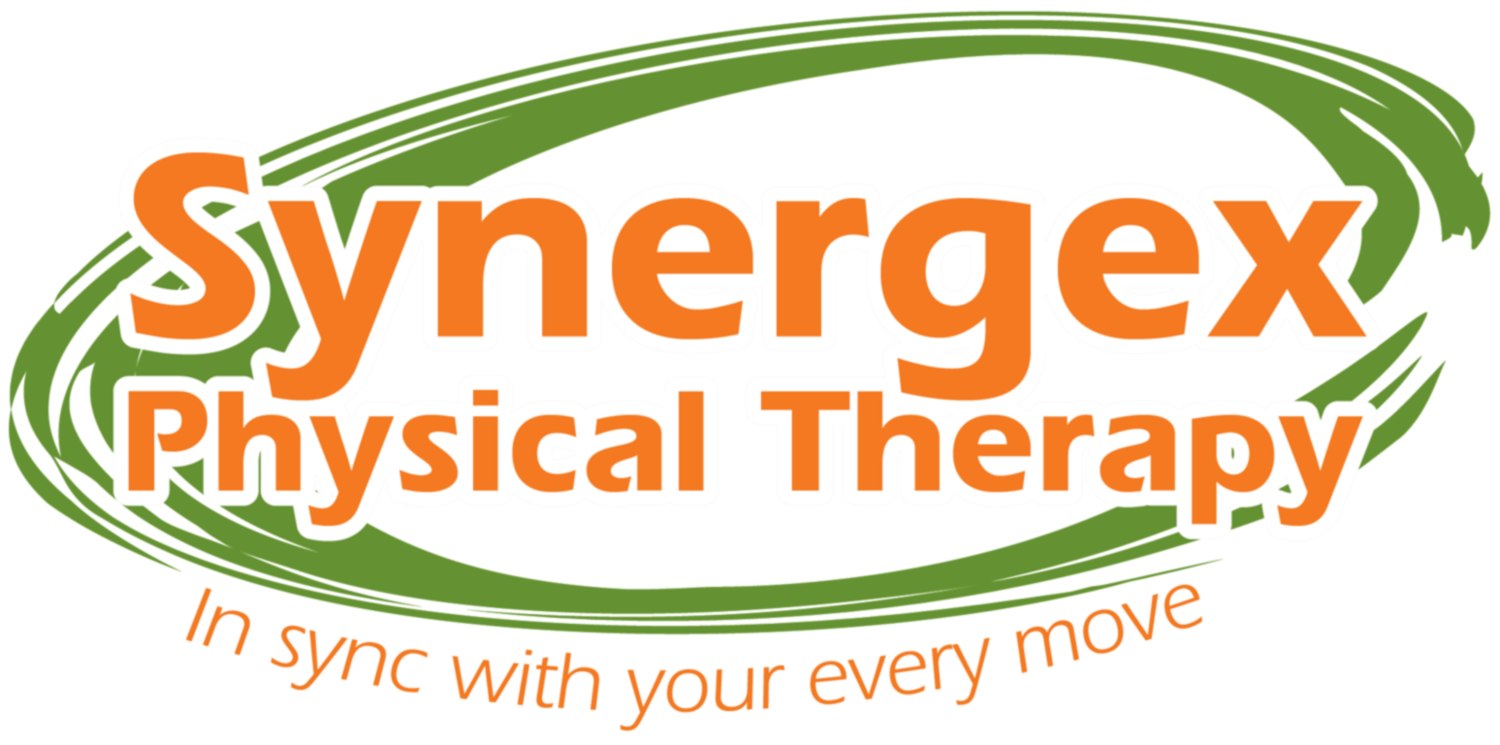Perinatal Physical Therapy
Pregnancy and childbirth are times of big transition for a woman- physically and emotionally. As the baby grows the body is challenged by altered posture, joint laxity and muscle imbalance. Taking care of yourself during your pregnancy with good nutrition, being active, getting good sleep can make this special period in your life and the birthing process a great experience.
However, sometimes deliveries might not go as planned. So, in the postpartum period changes experienced during pregnancy, childbirth process, and caring for a new born can lead to:
- Stresses of the spinal, pelvic and hip joints
- Nerve injuries - causing numbness, pain and weakness
- Muscle strains
- Urinary and bowel leakage with stress or urgency or constipation
- Painful sex
Let us care for you while you care for your little ones…
Our therapists have specialized training in addressing various pregnancy and post-natal musculoskeletal issues.
Here are some factors that lead to pain and dysfunction
- Fluctuating hormones
- Posture changes
- Joint laxity
- Muscle tightness and fatigue
- Physical demands of caring for your child
- Lack of sleep
- Juggling household chores
- Stress of work-related tasks
- Lack of proper hydration and nutrition
We are here to help!
We are movement specialists, skilled at evaluating and treating perinatal dysfunctions. Our therapists are trained in addressing pregnancy and post-natal musculoskeletal issues listed above. We empathize with the challenges faced by mothers new and old of all age groups and work holistically to help you restore the activity level that you wish to get back to.
Based on a detailed evaluation, your treatment will include:
- Co-ordination of breath control during functional activities, sexual activities, and fitness related workouts to limit prolapse, incontinence or pelvic pain.
- Training to correctly activate and engage abdominal, hip and pelvic core muscles during daily and fitness activities.
Training to improve flexibility and decrease excessive activation of various muscle groups to improve voiding, minimize pain during intercourse, improve symptoms of urinary urgency
Behavior modification strategies to reduce bowel/bladder urgency and frequency
- Biofeedback as an external aide to help activate or relax pelvic and abdominal muscles.
- Where appropriate internal and external joint and soft tissue mobilization to improve joint play and alleviate pain
Call our office to talk to our Physical Therapist to find out if Physical Therapy can help you.



